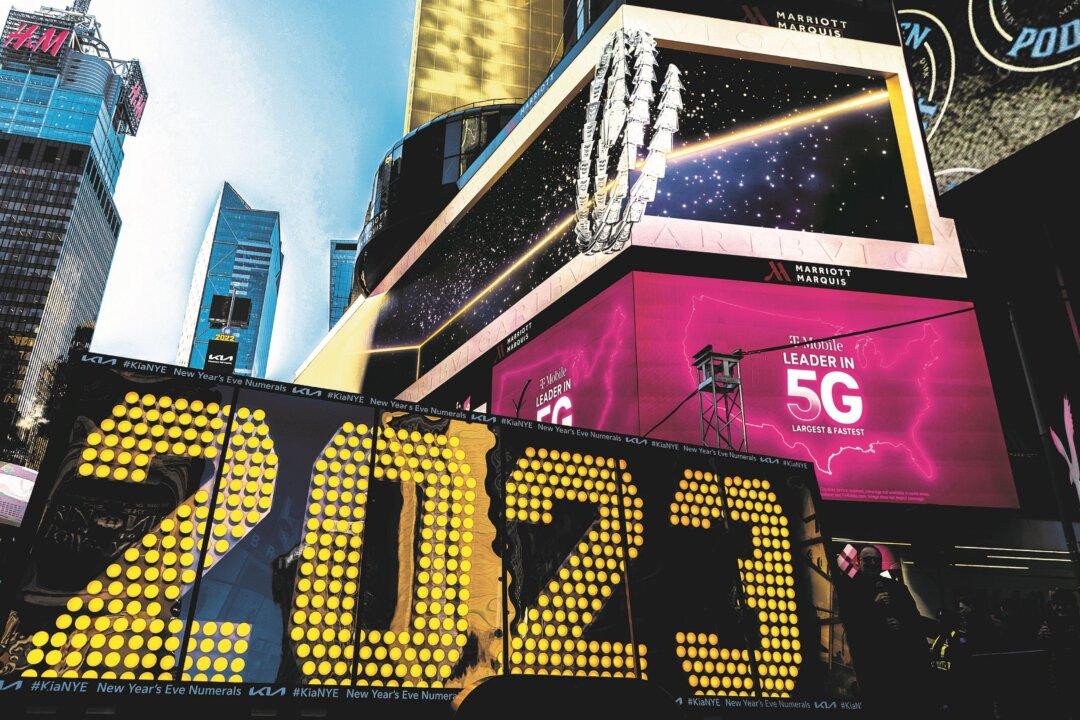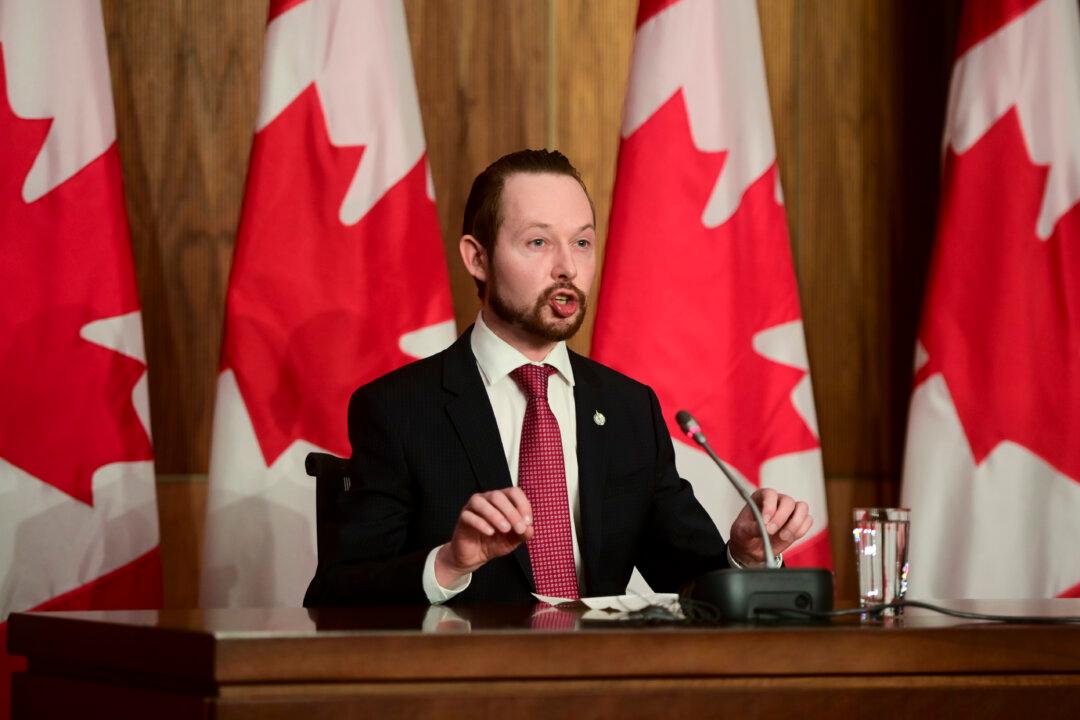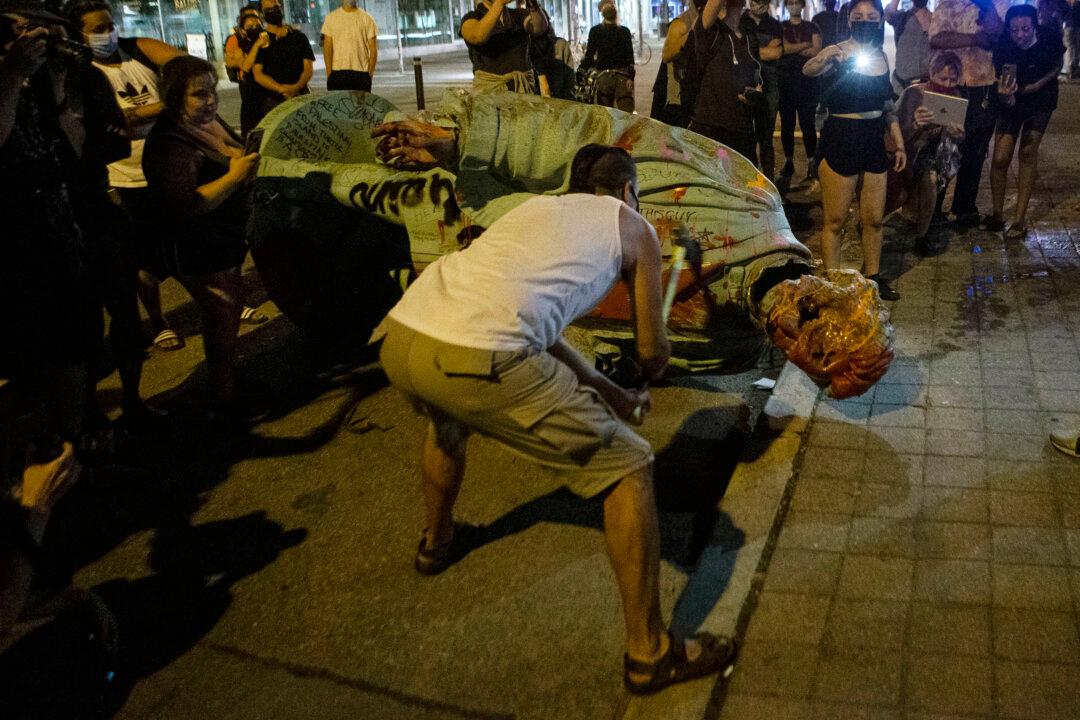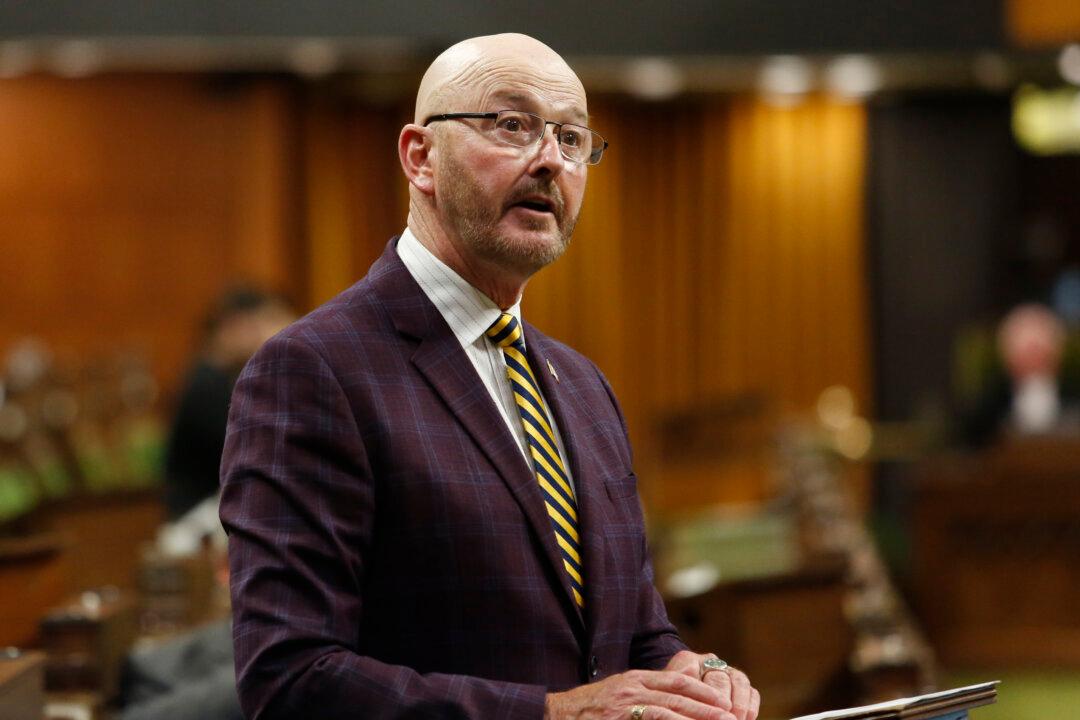The lawyer representing a group of Falun Gong practitioners has said his clients will appeal Thursday’s B.C. Supreme Court ruling granting an injunction requiring them to remove a hut and billboards erected outside the Chinese Consulate in Vancouver.
Justice Sunni Stromberg-Stein issued a 37-page ruling upholding the City of Vancouver’s application seeking the removal of the structures, which have been part of the Falun Gong round-the-clock protest at the consulate for seven years.
“I don’t think [the judge] properly interpreted and applied the charter or made the appropriate findings in the case with respect to what was really going on,” says lawyer Joseph Arvay.
To raise awareness about what they say is a genocide, Falun Gong practitioners erected a wall of posters and photographs of their persecuted counterparts in China along the consulate fence in 2001.
While Stromberg-Stein made it clear that she was referring only to the signs and hut and not any other forms of protest used in the vigil, Arvay says the structures are necessary to ensure that the long-running vigil can continue.
“The whole idea of the hut is to allow it to be a vigil—a 24 hours a day, 7 days a week, 52 weeks a year vigil. As long as the persecution is going on in China these people want to be protesting, and protesting in a way that really sends the most powerful message possible.”
He said the protest wouldn’t be nearly as effective without the signs and hut, which “are on a strip of dirt that nobody uses” and are not blocking the sidewalk.
“Its kind of ridiculous that the city says they can be there with their signs every day marching up and down the sidewalk—in which case they will obstruct the sidewalk—but they can’t be there with their hut and the billboards which doesn’t obstruct anyone.
“The reason that we say that the city doesn’t want the hut and the billboards there is because it knows that without them the vigil will likely end before its time or simply lose its effectiveness. It is the hut that allows these people to man this vigil 7/24 through all kinds of weather.”
He added that carrying the signs on a daily basis would be “onerous” on the mostly elderly practitioners and would “transform the nature of the protest which is one of a silent and peaceful meditation—the very peaceful meditation that has, for whatever bizarre reason, caused the Chinese government to persecute the Falun Gong.”
After news of the ruling reached the Vancouver Falun Gong community, more than 40 practitioners gathered outside the consulate on Thursday night, marking day 2717 of the vigil.
Falun Dafa Association of Canada (FDAC) spokesperson Sue Zhang says the group is “very disappointed” with the court ruling.
“We have been here now over seven years, we are not interfering with anyone and we have cooperated with the city all along,” she says.
“Our fellow practitioners in China don’t have any voice, and we are here trying to be their voice, trying to stop the persecution, nothing else. We are here not for ourselves, not for any other gain or whatever—just to stop the brutal persecution.”
Stromberg-Stein stated in the judgment that she accepted that former Mayor Sam Sullivan wanted the structures removed in 2006 “as part of his public order agenda” and not “because of the sensitivities of the Chinese government.”
Arvay had argued that Sullivan wanted the structures removed at the behest of the Chinese regime and that Chinese consulate officials had pressured Sullivan to get rid of the protest.
“We say the real reason is to appease the Chinese consulate and we believe we have the evidence to prove that. The judge didn’t accept that and we’re off to the Court of Appeal to prove otherwise,” says Arvay.




